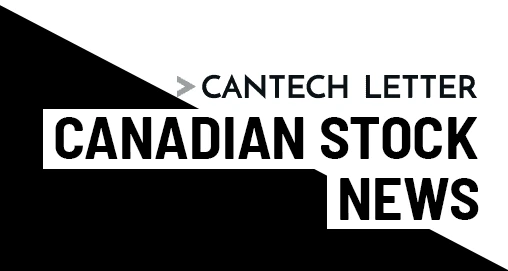Joint Declaration of Intent between Canada and Germany on Critical Minerals Cooperation

BERLIN, Aug. 26, 2025 /CNW/ – The Department of Natural Resources (NRCan) of Canada and the Federal Ministry for Economic Affairs and Energy (BMWE) of Germany recognize the strategic importance of critical minerals to the economic and national security of our countries, including defense applications, the energy transition, clean technology manufacturing, and advanced manufacturing. We concur on the growing need for secure, diversified, and resilient critical mineral supply chains that reduce reliance on any single source and strengthen economic security.
We acknowledge the significance of critical minerals midstream technologies, including smelting, processing, refining, and recycling capacity to ensure secure and sustainable supply, and we share mutual interest in fostering innovation, rules-based trade, investment, and collaboration in the critical minerals space. Building on existing commitments under the Canada-Germany Energy Partnership, the Canada-Germany Hydrogen Alliance, the EU-Canada Strategic Partnership on Raw Materials, and the G7 Critical Minerals Action Plan objectives to strengthen sustainable supply chains, we have established the following common objectives.
Objectives
- Promote and strengthen cooperation and trade in the critical minerals value chain, with a focus on midstream technologies, including mineral processing, refining, and recycling;
- Focus coordinated efforts around Lithium, Rare Earth Elements, Copper, Tungsten, Gallium, Germanium, and Nickel;
- Strive to facilitate public investments by governments to advance projects of mutual interest, in addition to promoting private capital investment in priority projects;
- Coordinate support and de-risking of strategic projects through active participation in joint International Initiatives on Critical Minerals; and
- Encourage commercial partnerships and research collaborations between Canadian and German companies, financial institutions, research organizations, and Indigenous partners.
Areas of Cooperation
- Project Financing, Investment and Trade – Explore options to use all available tools to co-invest in commercially viable projects through blended financing mechanisms drawing on both Canadian and German public investment tools, including the German Raw Materials Fund managed by KfW, Canada’s Clean Growth and Strategic Innovation Funds, and our respective export finance instruments;
- Technology Development & Deployment – Encourage joint research, development, and demonstration projects in strategic areas, including advanced midstream processing, refining, and recycling technologies, with a focus on low-carbon and circular economy approaches;
- Supply Chain Integration – Coordinated efforts to link upstream producers with midstream processors and downstream manufacturers in both countries;
- Exchange on Risk Mitigation & Resilience – Joint assessment and mitigation of supply chain vulnerabilities, including diversification of sources and routes, aligned with International Initiatives on Critical Minerals;
- Policy & Regulatory Alignment – Share best practices and exchange on standards on ESG, traceability, and permitting processes taking into account relevant legislation such as the EU Critical Raw Materials Act (CRMA) to facilitate trade and investment, and recognizing our shared and continued commitment to responsible mining, reduction of greenhouse gas emissions, engagement with local communities, and respect of the Rights of Indigenous Peoples.
Governance, Implementation and Funding
NRCan and BMWE are the lead entities.
- The lead entities will coordinate and intensify existing exchange formats between stakeholders already active in the field of Critical Minerals and establish a Task Force on Critical Minerals Cooperation to follow up on progress of implementation in the areas of cooperation of this Joint Declaration of Intent (JDI).
- They may invite representatives from industry, Indigenous communities, academia, and other stakeholders to participate in specific initiatives.
- This JDI is not legally binding and does not create any financial commitment.
- Funding for activities will be subject to the availability of appropriated funds and respective domestic laws and regulations.
Canada’s Minister of Energy and Natural Resources and Germany’s Federal Minister for Economic Affairs and Energy will lead the work outlined in this JDI, and coordinate policies and investments to support these shared priorities.
SOURCE Natural Resources Canada

